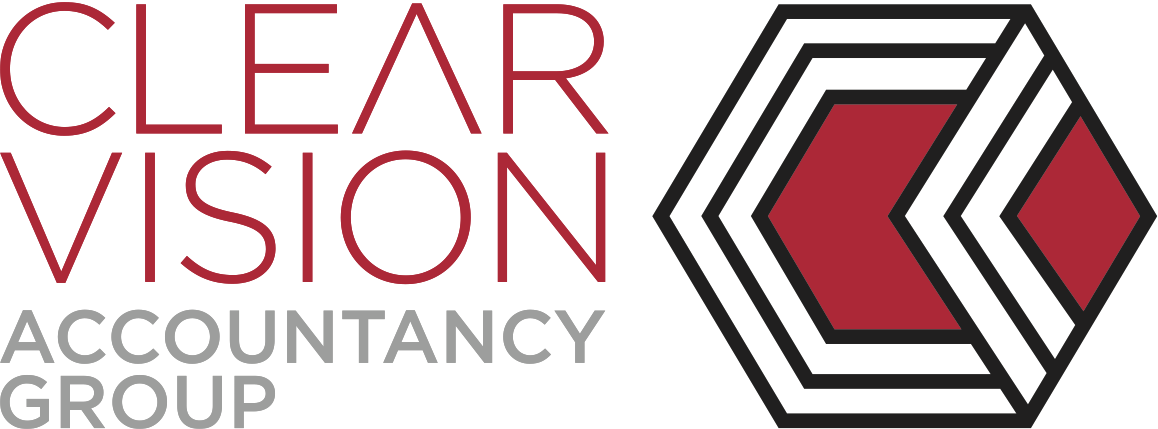Motivating your team
Last week’s article talked about how important team motivation is to your business. Here are some quick tips on motivating your team.
Identify obstacles
Let your team know their opinion matters to you. Hold meetings to discuss frustrations and improvements. Don’t allow only gripes, focus on solutions. Make sure you take action afterwards.
Let Them In
Meet as a team to share the vision, direction and progress of the business with your team. After all they’re the people that make your business successful.
Empower people
People like to feel empowered to make certain decisions in their job. Do you approve every order to buy staples and pens? Wouldn’t it be more empowering for a team member to buy supplies on a budget each month without waiting for your approval?
Group activities
Activities outside of work can help teams build strong relationships with each other and increase people’s enjoyment at work.
Reward People
By setting clear goals and expectations, acknowledging people for meeting them and rewarding those that exceed them, you constantly motivate your team.
If you need to talk about how to better motivate your team Clear Vision can help.
The post Motivating your team appeared first on Clear Vision Accountancy Group.





